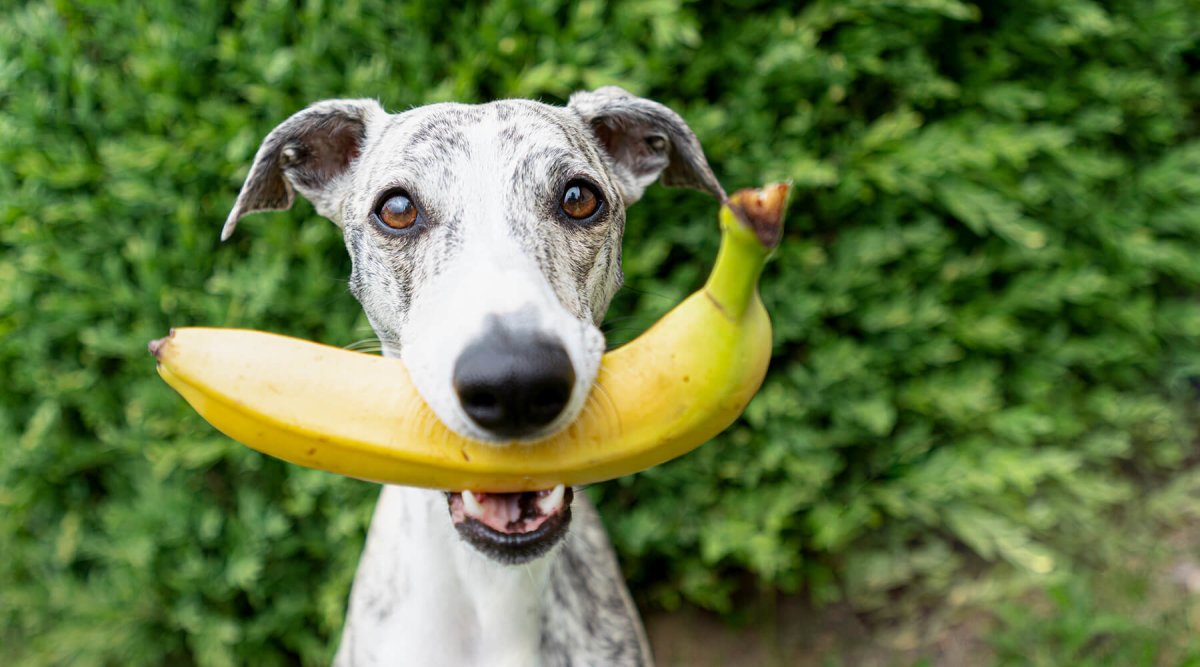Peppers are a very vitamin-rich vegetable. It can be found in cooked or raw form on our menu. But what's good for humans doesn't necessarily have to be healthy for dogs? In this article, we answer the question: Can dogs eat peppers?
Are peppers poisonous for dogs?
Peppers come in different flavors, from mild to hot. The vegetable belongs to the nightshade family and contains the chemical compound solanine, as do tomatoes and raw potatoes. Solanine is toxic to dogs and can lead to vomiting and diarrhea. If the dog eats a large amount of food containing solanine, the nervous system can also be affected. This can result in breathing difficulties, drowsiness and paralysis.
When can dogs eat peppers?
If your dog is to be fed peppers, they should only be well ripened, red and soft. The solanine content is then lower and the peppers are no longer so poisonous for dogs. You can also feed your dog cooked peppers, but always pay attention to the quantity - no more than one bell pepper slice once a week should end up in your four-legged friend's food bowl. Also avoid feeding your dog the stalk, as this contains particularly high levels of solanine.
Poisoning from peppers - feeding your dog correctly
If your dog has eaten more peppers than it should, you can either keep a close eye on your four-legged friend and wait for possible signs of poisoning or you can have the vet induce vomiting within 30 - 60 minutes. You should not wait longer than an hour. Otherwise the vet will not be able to inject any more vomiting medication as there will not be enough stomach contents left. Instead, the four-legged friend will only vomit stomach acid and this can lead to internal injuries.
Charcoal tablets also offer short-term help. The activated charcoal binds toxins and the dog excretes them more quickly and effectively. However, the dosage of the charcoal tablets must be adapted to your pet. It is best to clarify this in advance with your vet or veterinary practitioner. Activated charcoal is recommended as a first aid measure for poisoning and diarrhea.
Alternatives to paprika for dogs
There are plenty of well-tolerated vegetables for dogs. Kohlrabi, carrots and beet are a safe alternative to peppers and can be fed to your pet regularly. They contain lots of vitamins, fiber and important minerals such as potassium and magnesium. Otherwise, our BARF vegetable flakes or rice flakes for dogs are also a nutritious supplement.
Peppers for dogs: at a glance
- Peppers contain solanine, which is poisonous to dogs
- Red, well-ripened and soft peppers have a lower solanine content
- You can feed a slice of red bell pepper once a week
- Alternative to peppers: kohlrabi, carrots and beet




